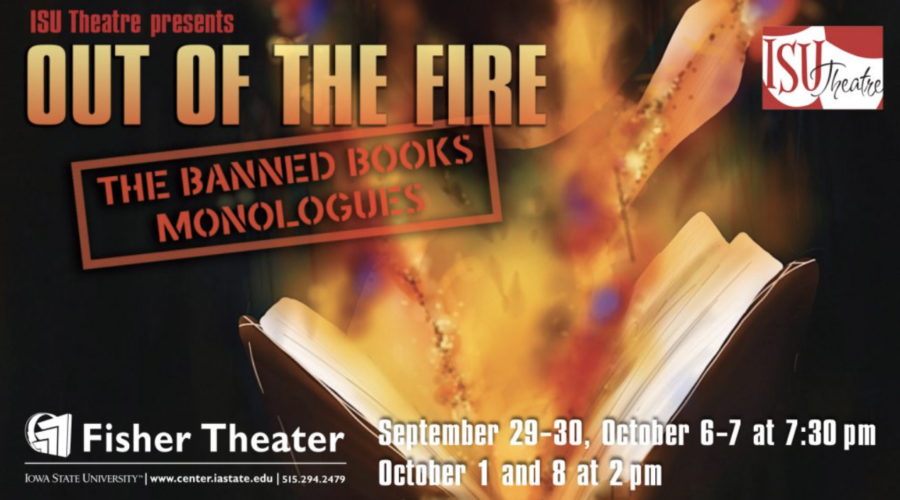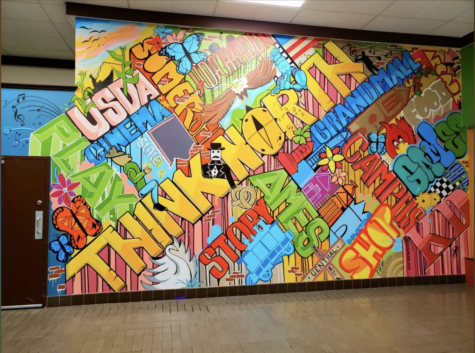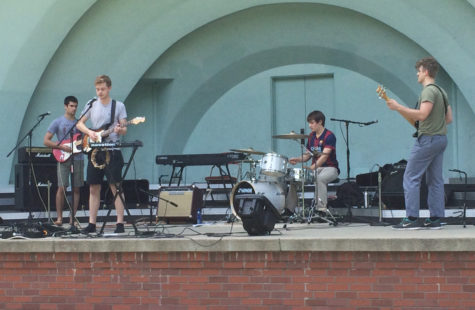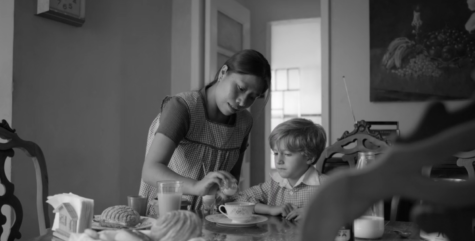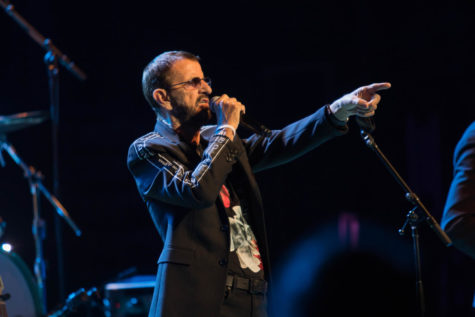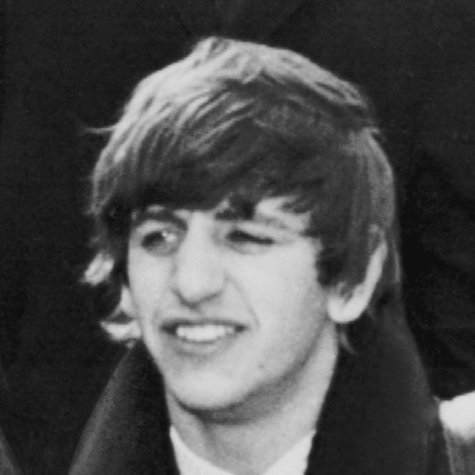- Ames247
- Ames247 / Theater
- App Content
- App Content / Lifestyle
- Limelight
- Limelight / Theatre
- Limelight / Theatre / Isu Theatre
Out of the Fire: The Banned Book Monologues
September 27, 2017
As Iowa State students enter their sixth week of classes here in Ames, many may be starting to feel stuck in the slump of their daily routine. ISU Theatre’s “Out of the Fire: The Banned Book Monologues”, which explores the subject of banned books from various perspectives, could be just what students need to liven their schedules in the coming weekends.
Zachary Smith is a sophomore who will be acting in the play alongside 14 others. “’Out of the Fire: The Banned Book Monologues’ is a compilation of 15 monologues, all written on the topic of books that have been banned throughout history,” Smith said. “Some of the monologues are comedic, some are more serious.”
Smith’s monologue, for example, airs on the serious side and deals with the infamous novel, “Lolita”.
“In my monologue, entitled ‘The Shameshifter’, I play a nervous and guilt-ridden man named Howard,” Smith said. “Howard is currently being detained at his local Barnes and Noble for shoplifting a copy of Nabokov’s novel ‘Lolita’… to find out exactly how Howard got into this humiliating and scandalous situation, you’ll have to come see the show.”
Amanda Petefish-Schrag, the director of “Out of the Fire”, claims that the monologues being featured in this show include some that will not be heard on any other stage.
“For the original production, 13 playwrights from across the United States wrote monologues responding to the topic of banned books,” Petefish-Schrag said. “We’re particularly excited that we were granted permission to also include monologues from Iowa State students responding to the same question, so this production includes 15 monologues, including two monologues written by ISU students.”
Although this play is made up of a series of monologues, Smith claims that it is not very different than other traditional plays that ISU Theatre has put on in the past.
“If you compare each monologue to a scene in a play or a song in a musical, the structure is remarkably similar,” Smith said.
Petefish-Schrag agreed, adding that this play was chosen to bring something new to Iowa State’s campus as a challenge for the actors and for the audience.
“At ISU, we try and choose a broad selection of plays that allows students and audiences to experience the depth and breadth dramatic literature,” Petefish-Schrag stated. “We try to choose shows that represent a variety of perspectives, time periods and structures, and also consider what plays can be part of broader conversations happening at ISU and in the broader community.”
Not only is this play slightly different than what most would expect from ISU theatre, but it is also different than anything that Smith has been apart of in regards to how he has been preparing for the performance.
“Unlike most shows, which meet almost every weekday evening, rehearsals for this show were infrequent, due to the nature of the show. Although rehearsal would happen all week, people were called one at a time,” Smith said.
“[Petefish-Schrag] would block out anywhere from 45 minutes to an hour and a half for each person to practice with her and her alone. Each practice was totally devoted to you and your performance,” Smith stated. “As an actor, this was a great opportunity to work my acting skills one-on-one with a director.”
In addition to helping Smith and his peers further their acting skills, “Out of the Fire” touches on topics that have impacted Smith directly, and issues that continue to be hot topics in America today.
“Several monologues talk about libraries and how efforts toward censorship often start there,” Smith stated. “More than once my parents found me reading novels significantly more mature than I should have been reading at the time.
Looking back on this, and the way that so many of those novels shaped me as a person, I can’t imagine how I might have turned out if a librarian or a concerned parent had decided that some of these novels were just ‘too mature for someone my age,’” Smith said.
Petefish-Schrag added, “[the play] explores the issue of censorship and free speech, which is a relevant and immediate issue facing us today. Opening the play during National Banned Books Week allows it to be an even more immediate part of that conversation.”
Smith also claims that this play reinforces the idea that today’s society needs to continue to encourage younger generations to read even when surrounded by a world of technology.
“You never know how these novels will impact these kids down the road or what might inspire a love of reading that lasts a lifetime.”

